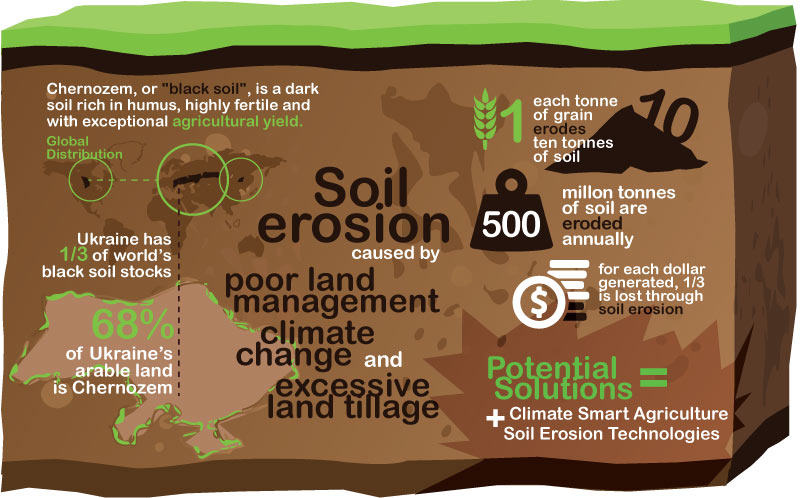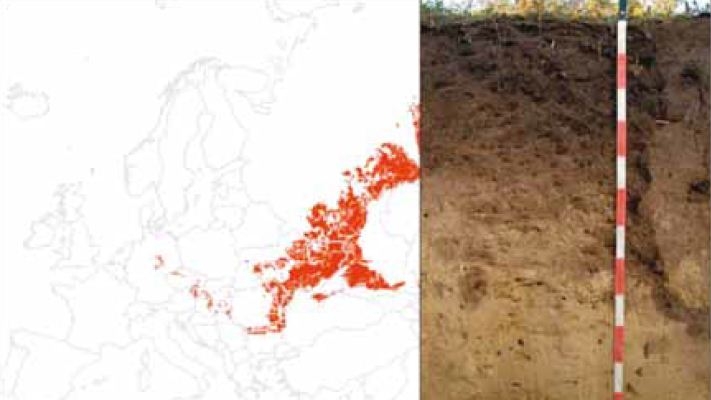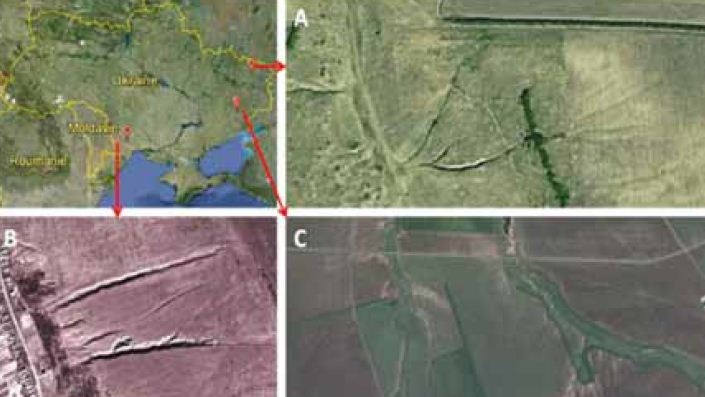A Competitive Edge
Ukraine, the second largest country in Europe, is known as the region’s breadbasket thanks to its black “chernozem” soil, which is highly fertile and rich in organic matter called humus. Covering more than half the landmass of Ukraine, chernozem soil offers exceptional agronomic conditions for the production of a large range of crops, especially cereals and oilseeds.
Such highly favorable agro-ecological conditions give the agricultural sector in Ukraine a highly competitive edge, which is supplemented by its advantageous geographical location.
Ukraine’s proximity to large and growing neighbouring markets – the Russian Federation and the European Union – and access to deep sea ports at the Black Sea, provide direct access to world markets, especially large grain importers in the Middle East and North Africa.
Soil Erosion
Despite the favorable conditions, however, a major challenge for Ukraine is soil erosion. Over the decades, chernozem soil across the country has been increasingly degraded by poor land management and subsequent soil erosion. It is estimated that over 500 million tonnes of soil are eroded annually from arable land in Ukraine, resulting in a loss of fertility in over 32 million hectares of soil.
The detrimental impacts on crop production and the economy in Ukraine cannot be overstated: for each dollar of added agricultural value generated, one-third is lost through erosion – with ten tonnes of soil eroded for each tonne of grain produced.
There is strong evidence that soil erosion in Ukraine is accelerating, leading to major natural damage in other ways too, such as siltation of rivers, harbors, and dam reservoirs (which feed hydroelectric power stations). But, the problem is more acute in some areas than others: in the south-east of the country, for example, soil has been eroded to the extent of desertification.



